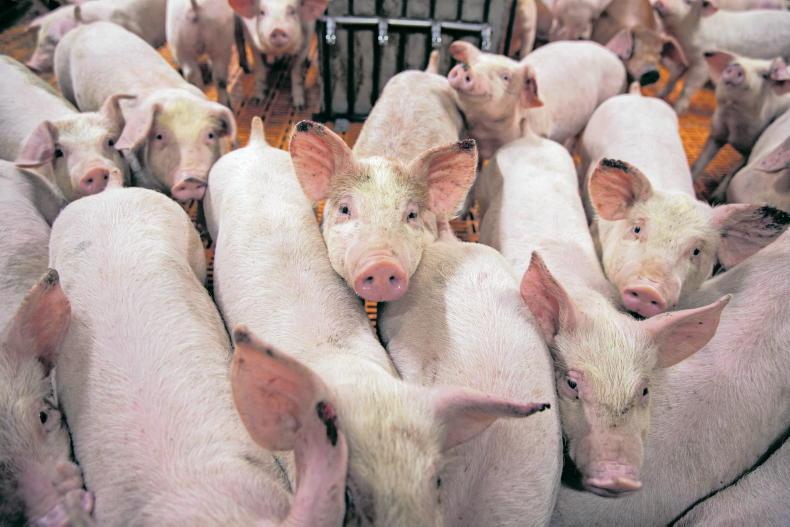Consumer expectations around animal welfare are no longer optional—they’re a critical factor shaping the future of the pork industry, according to leading veterinarians at the recent PigX2 Congress, held in Pretoria from 31 July to 1 August 2025.
Hosted by the South African Pork Producers’ Organisation (SAPPO), the event brought together industry experts to address growing consumer scrutiny of animal treatment across the pork value chain—from farms to supermarket shelves.
Animal Welfare: A Mainstream Concern, Not a Niche Issue
Veterinarian Dr Susan Rodakis, technical manager at Zoetis, emphasized that while public understanding of pig welfare remains inconsistent, concern about the issue is on the rise.
“Research shows that consumers understand pigs are sentient and capable of experiencing pain. They don’t want to buy meat that causes suffering,” Rodakis said.
This concern gives rise to the so-called “meat paradox”—where consumers enjoy eating pork and believe it contributes to a healthy diet, yet feel discomfort about the potential suffering behind it.
“Welfare concerns can either drive consumers toward pork or push them to choose other proteins that align better with their values,” Rodakis added.
Consumer Decisions Start at the Farm
Dr Matthys Uys, a veterinarian with Woolworths, outlined the multi-layered thought process consumers go through when choosing meat.
“At the supermarket, shoppers think about health, taste, cost, and increasingly—how the animals were raised,” said Uys.
“They’re influenced by headlines about antibiotics, protests, and social media content about pig farming. What happens on the farm ends up influencing what’s served on the dinner table.”
Cost Pressures vs Welfare Expectations
Rodakis highlighted a key challenge: consumers expect improved animal welfare—such as the use of pain relief during castration—but aren’t always willing to pay more for it.
“This places pressure on producers to find cost-effective ways to meet rising welfare standards without pricing themselves out of the market.”
She stressed that farmers are central to driving meaningful change:
“Because they control the animals’ environment, farmers hold the power to make or break welfare outcomes. Staff often know animals are suffering but feel powerless. That needs to change. Farmers must empower their teams to act.”
Education and Trust: The Path Forward
Both experts agreed that education and transparency are critical, but messaging must be carefully considered.
Rodakis noted:
“Consumers get information from the internet and TV, but they trust universities and NGOs. So, when the industry wants to share its perspective, it’s not just about what we say—it’s about where and how we say it.”
Uys added that collaboration across the value chain is essential:
“No single player can solve this alone. If we want pork to remain a staple on the dinner table, we all need to work together to deliver a product that meets consumer expectations while remaining viable for farmers.”


